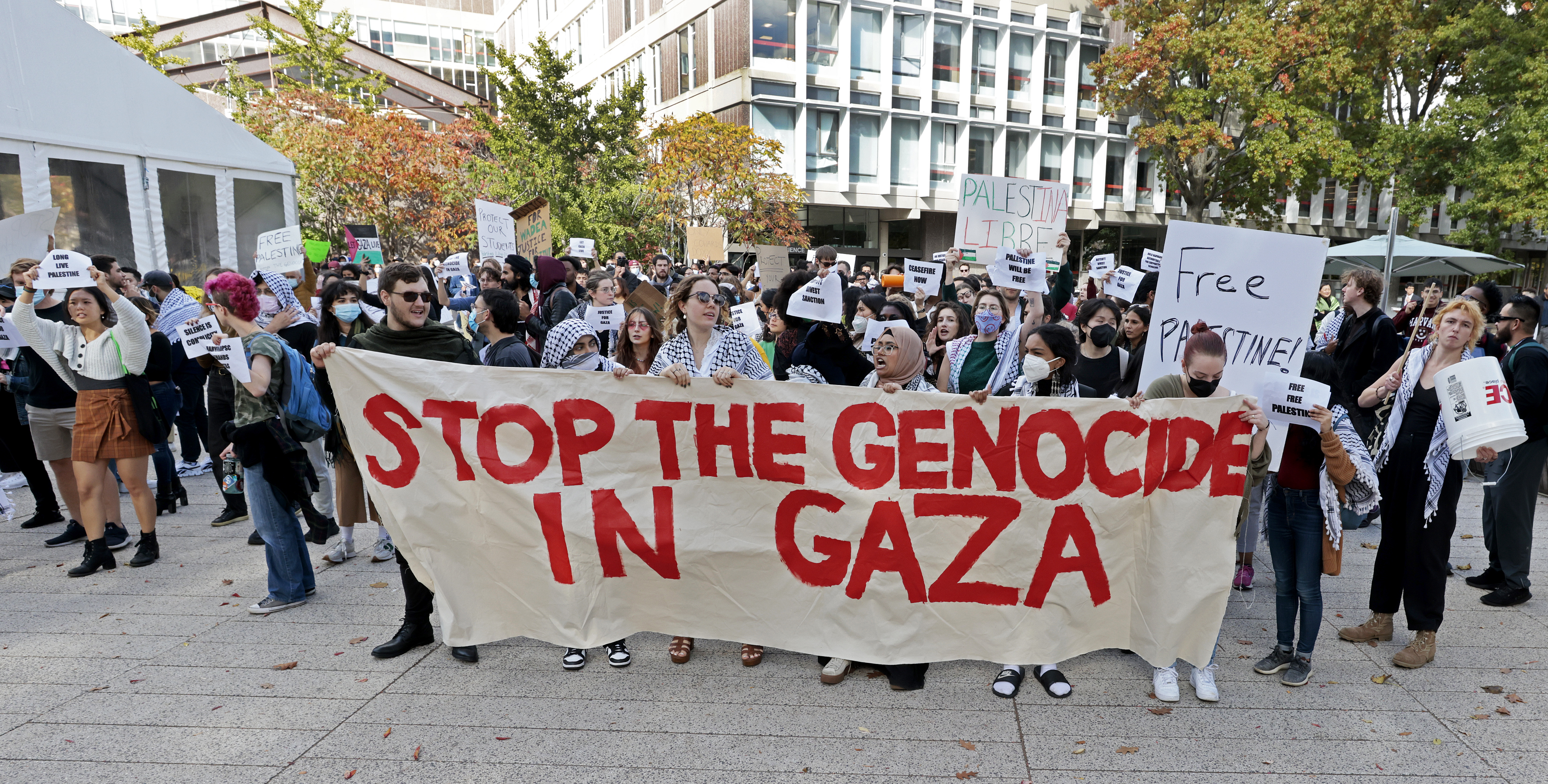Massachusetts officially surpassed 140,000 coronavirus cases on Sunday, with 744 cases and 14 new deaths reported. Combined with Saturday's 550 cases, that represents nearly 1,300 new cases of COVID-19 in the state in one weekend alone.
The 3-day average of hospitalized patients has also increased, from between 300 and 400 for most of September to over 500 for the past week or so. That's 65% higher than the lowest observed value of 302.
Get Boston local news, weather forecasts, lifestyle and entertainment stories to your inbox. Sign up for NBC Boston’s newsletters.
But will this steady rise in cases mean another shutdown as fall turns into winter?
Not necessarily, according to health experts who spoke with The Boston Globe.
“We know that we will have pockets of outbreaks, and if we are able to quickly identify those pockets and shut them down, then we can prevent the situation where we have widespread exposure," said Natalia Linos, executive director of the FXB Center for Health and Human Rights at Harvard University.
“In the spring, we just didn’t even know what was going on. . . . You really have no other option at that point other than to just shut everything down,” said Helen Jenkins, a Boston University epidemiologist.
Local
In-depth news coverage of the Greater Boston Area.
Health experts said they have learned a great deal since March when the state shut down the economy to help slow the spread of the virus. And those learnings should allow for lesser measures to be taken that will reduce infections without devastating the economy.
Gov. Charlie Baker also pointed out last week that the state now has the infrastructure in place to withstand a surge in cases, with hundreds of hospital beds at the ready and field hospitals available for activation if needed.
He noted that the state's testing and contact tracing capacity is also far greater now than it was six months ago.
"We are in a very different position with respect to our ability to test and trace and isolate quarantine, and we have far better data that we can make available to our communities and to our health care system than we could last spring, and we've done a lot of work in particular, with the health care community and the long-term care community, to sort of make them far more robust with respect to their ability to deal with whatever might come," Baker said. "I think it's important to remember that we are not where we were in March."
The state has "built a massive infrastructure to respond to this pandemic," he added. Hospital capacity can be quickly expanded if needed, he said, with the ability to convert medical/surgical space into at least 450 intensive care unit beds and the equipment available at the Massachusetts Emergency Management Agency to once again set up temporary COVID-19 treatment facilities.
"As we look ahead to the fall and winter months, our state is in a much stronger position than we were in February and March to face a resurgence," Health and Human Services Secretary Marylou Sudders said.
But the most important piece of preventing a surge, health experts said, is people continuing to "do their part" as Baker so often says, to prevent the spread of the virus. That includes wearing masks, social distancing and practicing good hygiene.
One of the major reasons for the latest spike, Baker said last week, is too many people holding gatherings with their family and close acquaintances without wearing masks or properly social distancing.
Baker said that as socializing and family activity move "from our backyards to our living rooms and our family rooms" as the weather gets colder, people need to be mindful of virus spread. He said people who travel out-of-state should wear masks and social distance when back around their families, and get tested for COVID-19.
Baker said there is "no question" there will be more cases this fall, noting that researchers and public health experts have been predicting such an increase since the spring.
"We've done the work. We're prepared to respond to this virus like never before," he said. "But our preparations are of little use without the people of Massachusetts continuing to do their part."
State House News Service contributed to this report.



